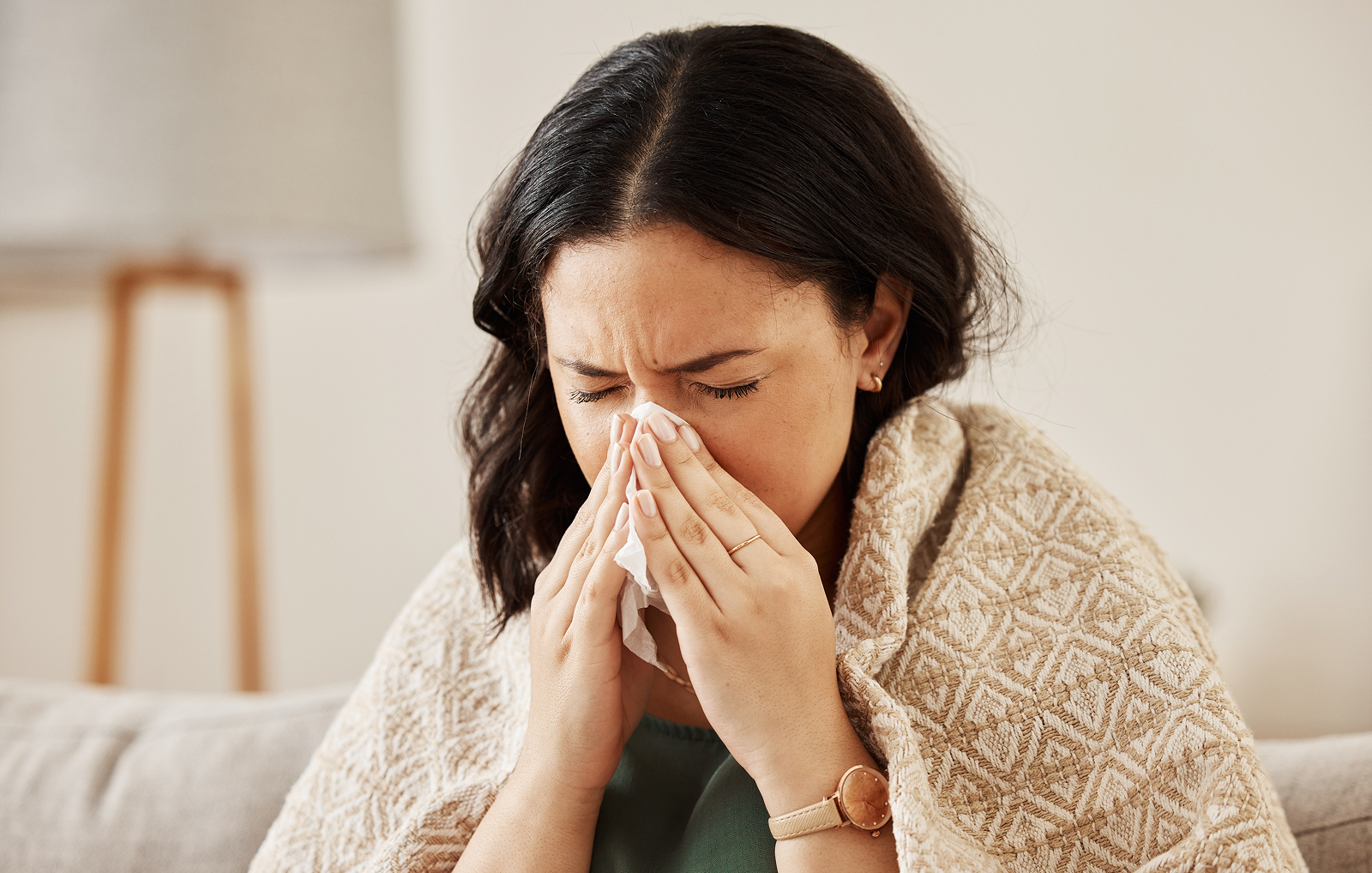
That doesn’t mean you need to panic. It simply means that preparation matters, and taking small steps now can protect you, the people around you, and the NHS during its busiest months.
Here’s how to get yourself ready for the months ahead.
The flu vaccine is the single most effective way to protect yourself. It reduces your chance of catching flu and, if you do become unwell, it tends to make the illness shorter and milder.
You’re eligible for a free NHS flu vaccine if you:
You can book at your GP practice or local pharmacy, or check eligibility at nhs.uk/vaccinations.
If you’re offered the vaccine early in the season, take it. Immunity takes time to develop, and this year’s strain may circulate sooner than expected.
Flu isn’t just “a bad cold”. Symptoms tend to appear suddenly and may include:
Most people recover at home within a week, but flu can be dangerous for older adults, pregnant women and people with long-term conditions.
Last winter, more than 8,000 people in the UK died from flu-related illness.
If you’re in an at-risk group and think you may have flu, contact your GP or call NHS 111. Antiviral treatment is sometimes recommended if started early.
You don’t need to stockpile, but having a few basics ready can help avoid last-minute stress if you or someone in your household becomes unwell. Useful items include:
Check that you have enough of your long-term medicines to get you through weekends, bank holidays and periods of bad weather.
Flu spreads quickly in indoor spaces, workplaces and schools. A few practical habits reduce the chance of passing it on:
These measures may sound familiar, but they remain among the most effective ways to prevent infection.
Most people can manage the flu with rest, fluids, and over-the-counter medicines.
Seek medical help sooner if you:
If you’re unsure, NHS 111 can help you decide what to do next.
Winter is when many people with long-term conditions, such as asthma, COPD, and heart disease, see their GP or nurse more frequently.
But evidence shows patients forget up to 80% of what’s said in consultations almost immediately, especially when unwell or anxious. If you’ve been given advice about managing symptoms, taking medicines or knowing when to seek help, it’s important to have a clear record of it.
Digital tools like Mirror can help you keep track of what your clinician has said, so you don’t have to rely on memory during a busy or stressful winter season.
If flu hits your home, it’s easier to manage if you’ve planned ahead. Consider:
Preparation doesn’t have to be elaborate; even a short conversation can make things smoother.
Flu season is unpredictable, but preparing early is straightforward: get vaccinated, know the symptoms, keep essential supplies on hand and take simple steps to protect others.
And if you do become unwell or receive medical advice this winter, having a reliable way to remember what was said can make a real difference to your recovery.
Disclaimer
This article is for educational purposes only and should not be used as a substitute for medical advice. Always speak to your doctor, nurse or pharmacist about your individual care. The information reflects NHS and NICE guidance at the time of publication.